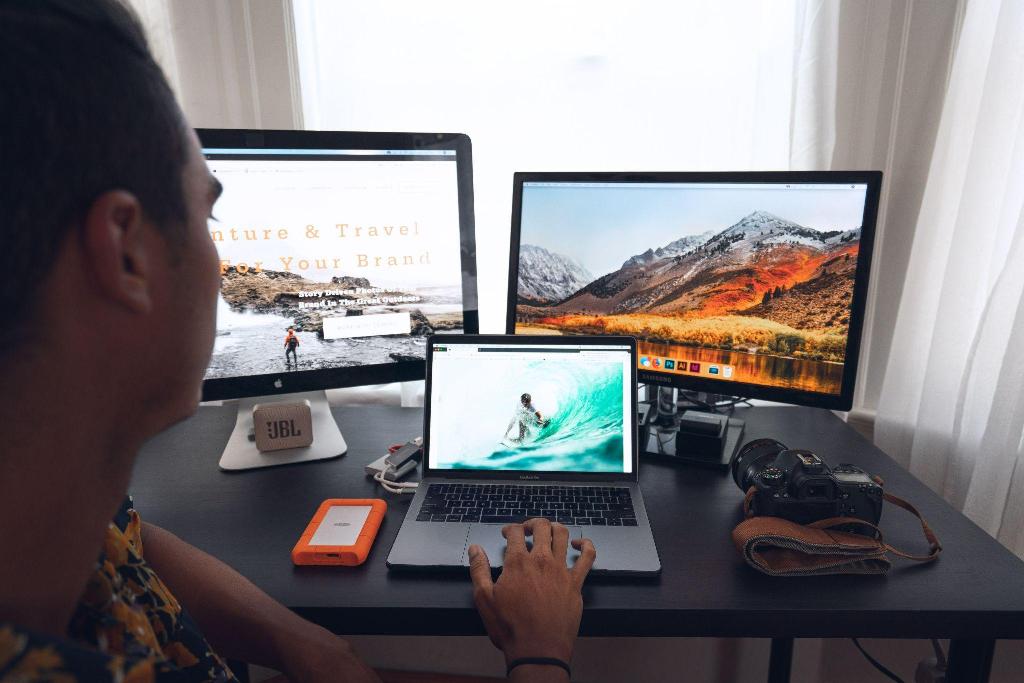Cute cat videos, funny memes, and the content on social media and the Internet itself sure can amaze and amuse you, but excessive screen usage can worsen your mood in the long run.
When we were kids, we couldn’t get enough of video games and TV. I remember when my parents got us Cox cable. We never missed an opportunity to watch TV. Today’s generation has TV, information, and other forms of entertainment in the palms of their hands and it’s addicting. In fact, whether it’s kids or adults, both have significantly large screen times than they should. As a result, mental health concerns are escalating.
Table of Contents
How Does Screen Time Affect Mental Health?
It’s no surprise, we all are using screens more than ever. You are definitely looking at a screen to read this blog. Basically, everyone is carrying a mini-computer in their pockets. Over the last 15 years, Facebook has transformed from a platform for teens and tweens to a mainstay for adults.
There is so much information floating around screens and their impact on mental health. In case you are wondering if it’s true, the answer to this depends on how you use screen time. Ask these questions from yourself:
- Are you using the screen to connect with friends and fam?
- Or are you using it to compare your life with a successful friend or an influencer, which is hurting your self-esteem?
It Rewires Your Brain
Too much screen time can change the brain’s functionality. this Phenemon is called neuroplasticity. anything that the human brain is engaged in for 3 hours or more per day is a highly stimulating activity that has the power to rewrite the circuitry of the brain. So, if an average person is spending more than 3 hours on screen, something’s changing in their change.
The brain will quickly adapt to this new cyber environment by creating new neural pathways. Excessive screen time causes the brain to lose volume. Its ability to plan, prioritize, manage is affected. So much so, your ability to empathize and develop compassion for others and communicate changes too. The brain’s connectivity slowly decreases. To fix this, start reading more books. Book reading has a reverse impact!
Screen and its Connection with Depression
comedy shows, memes, funny animal videos, the ability to talk to your friend via social media, online shopping – all these can make you simple but look at the screen for several hours a day can actually worsen your mood.
A 2017 study says that adults who watched TV or used their PC for more than 6 hours a day were at a higher Spectrum of experiencing moderate to severe depression.
Constant connectivity actually makes you feel disconnected. Without an intimate relationship that feels real and close, you can’t curb loneliness. Screens can’t replace the joy of meeting someone in person. Yet, people are guilty of spending time on screens instead of investing it in a real relationship. No wonder screens are taking away from real relationships. We spend so much time in front of our PC and smartphones that it’s affecting our personal lives, family time, and relationships.
Wait Screen Is Not All Bad…
A study conducted in 2019 revealed that adults who used social media experienced less psychosocial distress, which starts before one falls into the pit of anxiety and depression.
How, you ask? By using screens, these individuals were able to stay connected to people they have built a relationship with. Instead of scrolling through their social media news feeds, they used this opportunity to enhance their relationships.
In simpler words, if social media is used for catching up with a friend who is present somewhere across the world, you can feel good. However, your screen activities shouldn’t interface with making in-person plans with others.
Empower Your Screen Time
Let’s face it, no matter how hard you try, it’s impossible to limit the use of screens unless you decide to live in a cave. Amidst COVID, we are now more dependent on our screens than ever. One thing that’s in our control is how we use screens.
Here are some ways to get empowered:
• Use screen time tools
The latest gadgets these days get you to calculate screen time and generate reports by the end of the day. Use them to your advantage.
• Do digital detox
Take a break from the digital world and value face-to-face interactions.
• Don’t let the screen interface with your sleep
Turn off all gadgets at least 1 hour before bedtime. Don’t let the screen disturb your sleep.
Before screens take our rationality away, it’s time we start making informed decisions about how we use technology.



